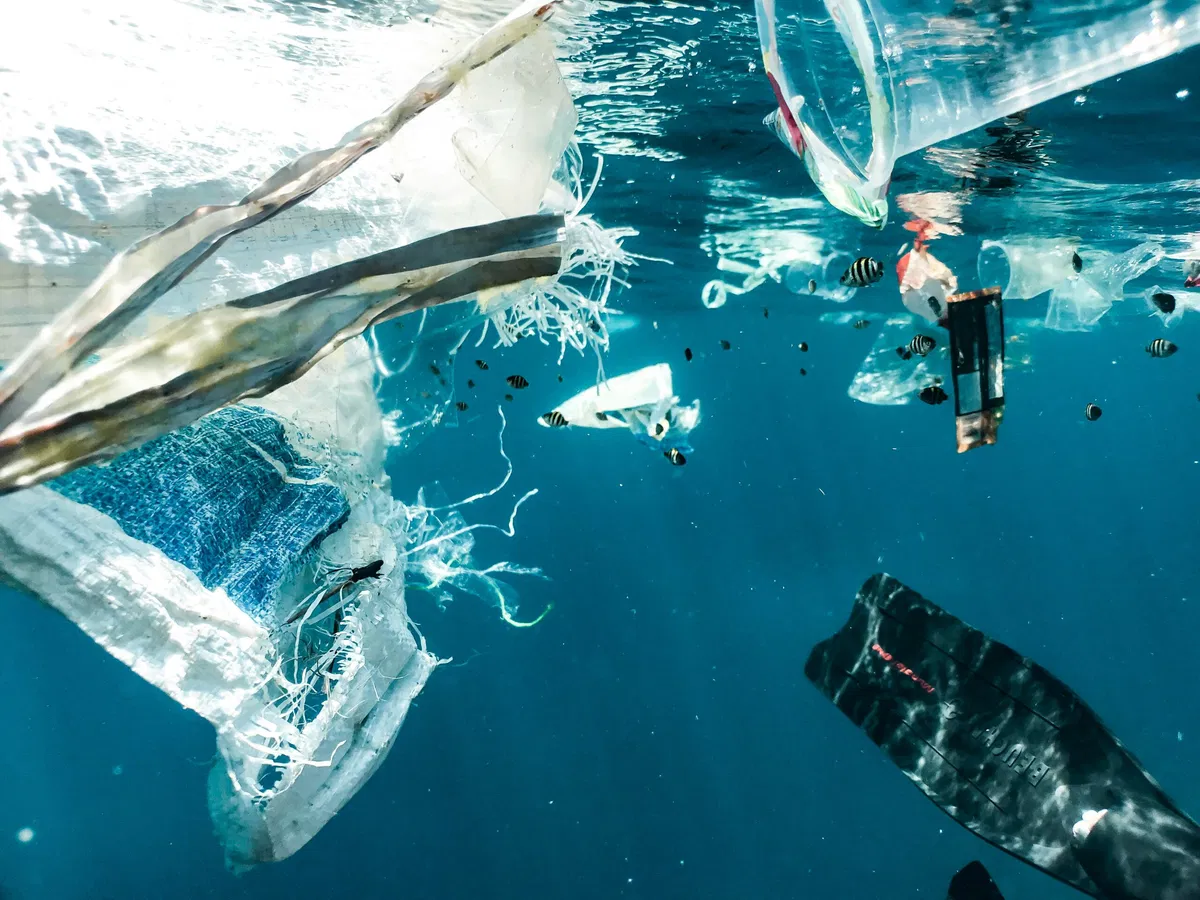By Natascha Rivera
Copyright euroweeklynews

THE Copernicus Marine Service, on Tuesday, September 30, released the ninth edition of the Copernicus Ocean State Report, or OSR9 – an annual assessment of the condition and state of the ocean and seas, on a European and on a global scale – and the findings are deeply perturbing to European government authorities as well as environmental experts. One of the main findings of this year’s edition is that every part of the ocean is now affected by what the UN has called a “triple planetary crisis.”
The planetary crisis consists of three main spheres: climate change, loss of biodiversity, and pollution. Global data shows an undeniable rise in sea levels as well as significant warming of water temperatures, rapidly hurtling Earth towards dangerous levels of imbalance. Overall, the waters are also more acidic and plastic waste, in large part nurdles, affect all oceans. The conditions are a persistent threat to ocean biodiversity, with animals including coral and tuna becoming increasingly vulnerable.
“The Ninth Copernicus Ocean State Report confirms that every part of the ocean is now affected by the triple planetary crisis. In such a context, we need reliable science and operational tools more than ever,” said Pierre Bahurel, General Director of Mercator Ocean International.
Other important findings of the report include:
The ocean is heating at unprecedented levels, with spring of 2024 reaching a new record temperature: 21ºC.
Sea levels rose 228 millimetres between 1901 and 2024, threatening 200 million Europeans living along the coasts, as well as putting coastal heritage sites at risk.
Invasive species including Atlantic Blue Crabs and Bearded Fireworms are now spreading with more ease and faster due to the warmer waters. These wreak havoc on local fisheries.
Arctic sea ice has now reached four all-time lows between December of 2024 and March of 2025, and the lost sea ice now equals an area nearly twice the size of Portugal.
The OSR9 pulled its data from changes and variations in the ocean over the past few decades, with a particular focus on the last two years of impacts. To produce this document, more than 100 experts from all around the world compiled their research in this large-scale scientific effort. Said Andrius Kubilius, the EU Commissioner for Defence and Space, “The report provides a comprehensive overview of the global ocean’s state, trends, and natural variations, while showcasing innovative monitoring tools that enable sustainable coexistence with marine ecosystems.”
Changes in the ocean also significantly affects humans – in our society, culture, and economy – as the ocean is largely connected with much of our communities, food production, regulation of regional climates, and countless professions, to say nothing of the health impacts caused by pollution or climate change.
The OSR9, a blueprint for a brighter tomorrow
“The science is unequivocal: the ocean is changing fast, with record extremes and mounting impacts,” said Karina von Schuckmann, Director of Copernicus Marine Ocean State Reporting. “We know why, and we know what it means. This knowledge is not just a warning; it’s a blueprint for restoring balance between people and the ocean.”



